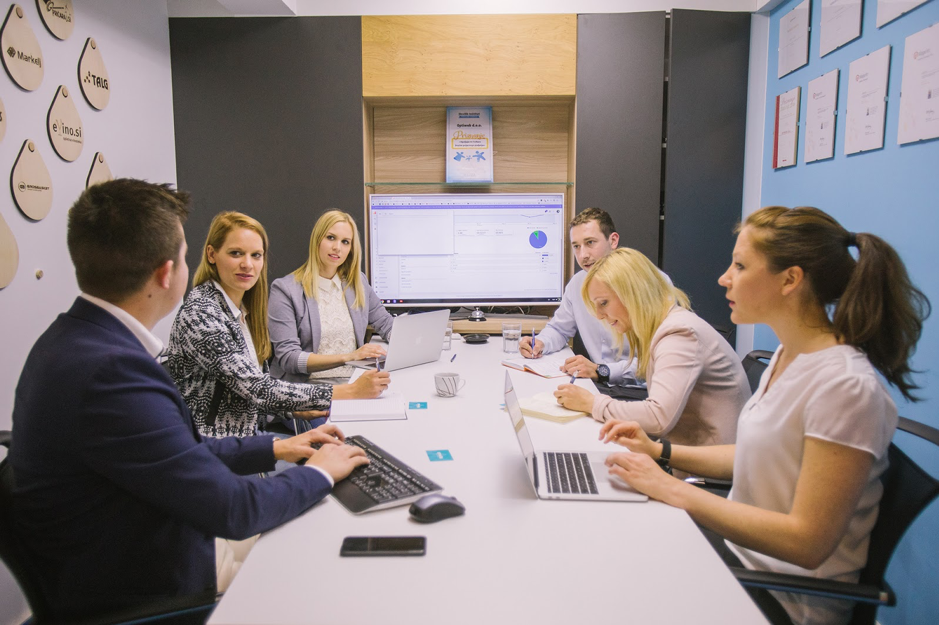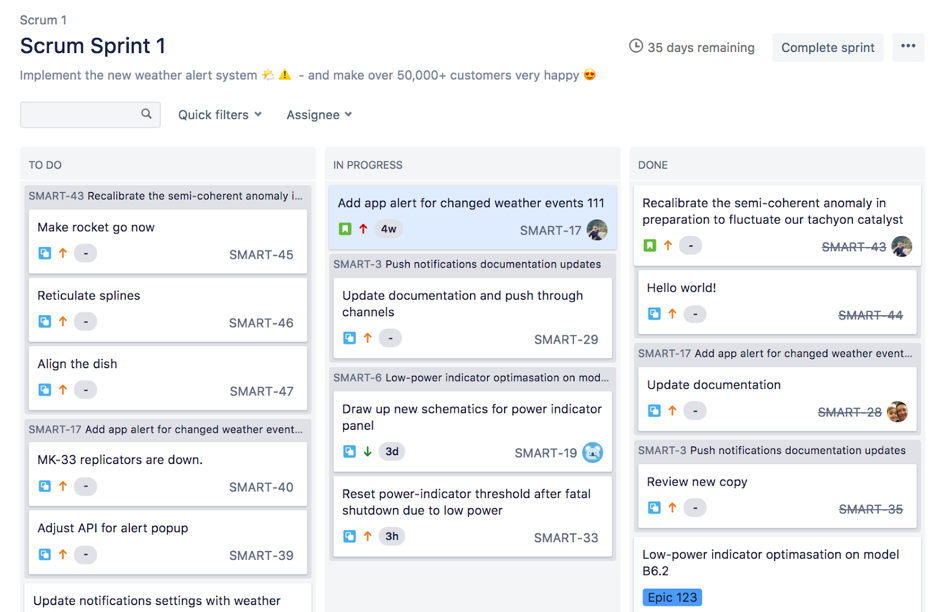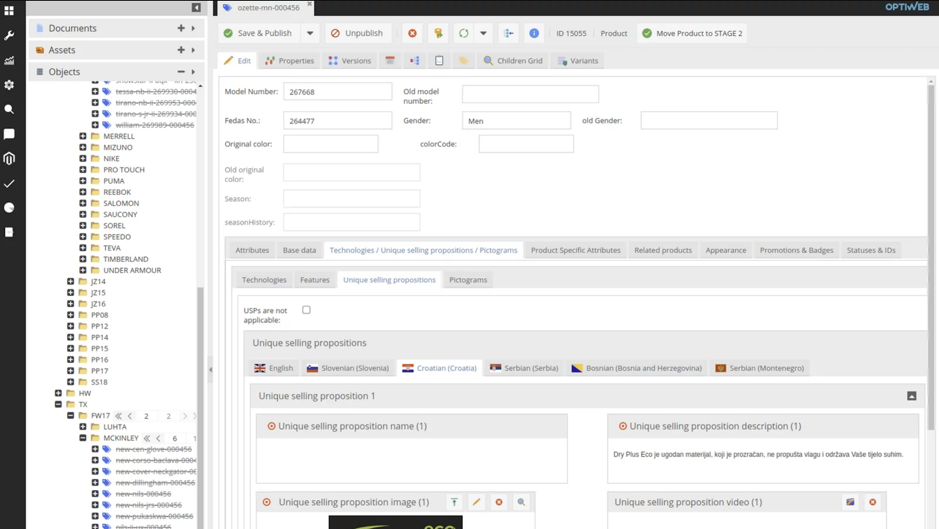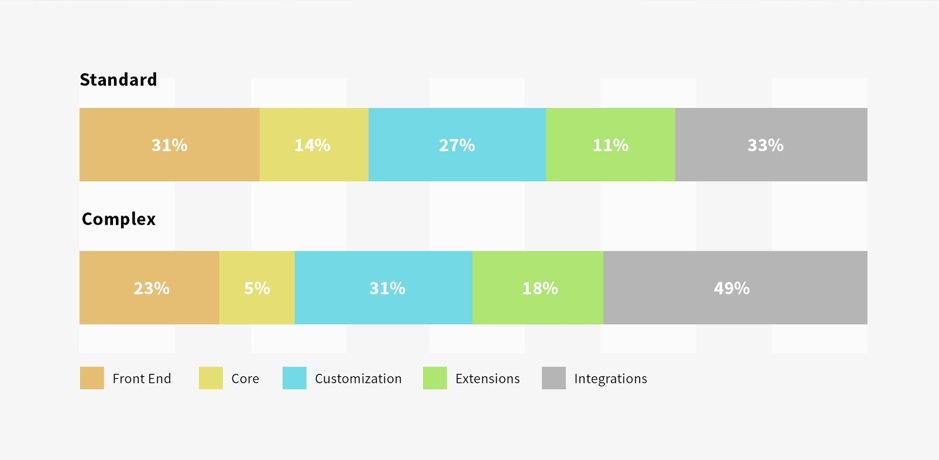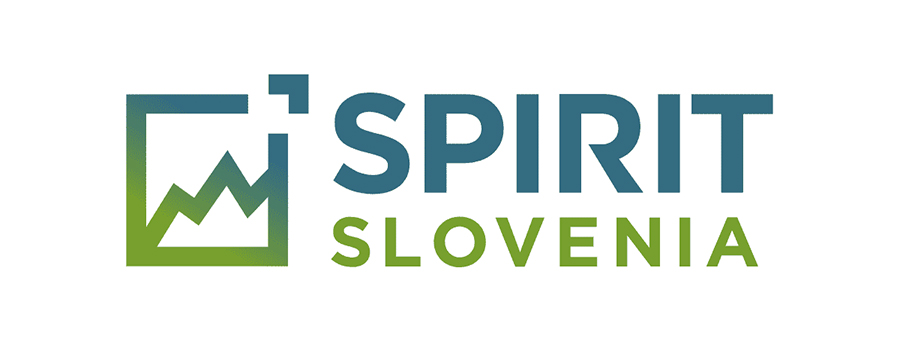If you have decided to use Magento as the platform for your e-commerce project, then you probably must have done the research and know a thing or two about the platform. You probably know that it is a big and complex system that can handle just about any project – no matter the size. In order to develop a complex e-commerce site you need two things: good developers and enough time/resources.
Two of the most common questions we get from our clients at the initial meetings are “How long will it take to finish the project?” and “How much will it cost?”. The purpose of this article and the second part of this article is therefore to answer these questions and to describe in detail what our e-commerce project phases look like.
Mini project before the project
A successful project launch depends on both parties, while the key is to set up realistic deadlines and expectations.
Every project (and with it every timeline) is different, so setting the right time frame and cost estimation takes a lot of effort – from both sides. That is why we strongly suggest discovery sessions before we set the final offer, in order to have a better understanding of the inner processes, business goals, and requirements of your company.
We are basically talking about a mini project before the actual project and it can cost around 10% of the whole project. In our opinion, this phase can make or break the project because, if done right, we can gather every feature and requirement from the client and set the scope and timeline for the entire project.
Our friends at Degordian wrote a great blog post about discovery workshops, which you can find here.
Breakdown of e-commerce project phases
Our standard e-commerce project has 10 phases, which are explained below in greater detail:
1. Research phase (marketing, SEO, UX, technical workshops, etc.) – 10% of the project
After we gather all the necessary information, the sales team meets up with the project manager, which commences the research/discovery phase, where we try to discover all the aspects of the client’s business that might have been overlooked during the sales process and might have a direct or indirect impact on the client’s e-commerce business. Here, technical workshops are used to discover and define the inner workings of the ERP system, synchronizations and other more technical aspects of the project.
We pay special attention to defining the buyer personas of the client’s business in coordination with our UX expert. Defining buyer personas is, in other words, defining the most common customer types based on market research and real data by describing their demographic data, behavior patterns, greatest pain-points and goals. Defining buyer personas is the foundation for the definition of main technical functionalities and UX elements of the e-commerce store. Our UX expert is therefore included in the project team from the very beginning.
In cooperation with our SEO team, we simultaneously prepare a SEO strategy for the new e-commerce store, which consists of:
- Keyword (KW) analysis where we (KW-wise) analyze the e-commerce business in question, their biggest competitors and the market itself. A KW analysis is mandatory, since it lets you gain valuable insight into your customers’ search habits so you can adapt your e-commerce products and product categories according to their needs. With an appropriate KW analysis you also eliminate the possible risk of overlooking any potential new trends for your business.
- Onsite/offsite SEO strategy where our SEO experts brainstorm about the methods for reaching the best possible rankings and results, taking into account the type of e-commerce, your market, your buyer personas, etc.
The SEO strategy is one of the crucial foundations for the store, since UX and technical implementations have to be harmonized and coordinated with the SEO strategy.
Depending on the project and the situation of the client’s marketing department, we also include our marketing team in order to define the short- and long-term marketing strategy of the e-commerce store.
We really want to stress that the research/discovery phase is a very important one, since the quality of our outputs in this phase has a direct impact on the following project phases and on the final product, so “cutting corners” in this phase can only result in a mediocre final outcome.

